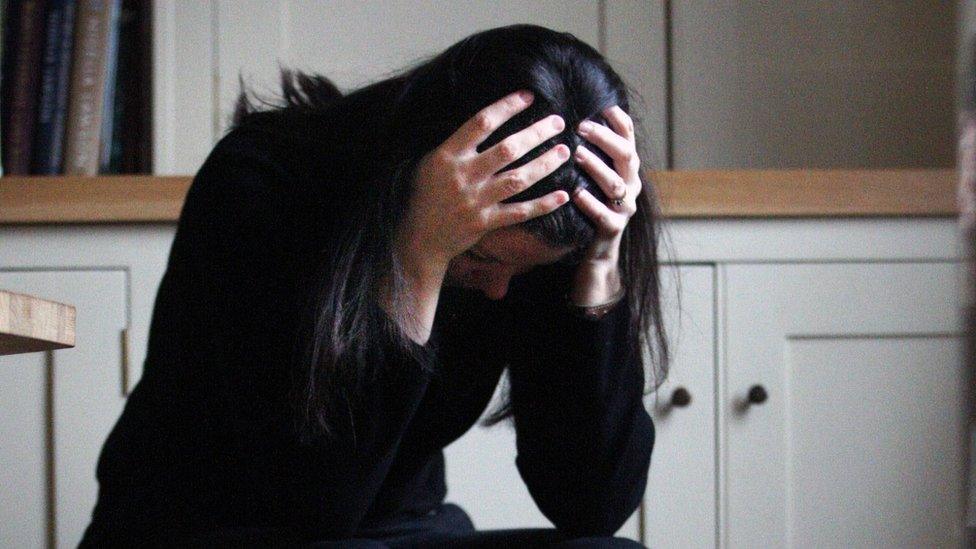Clare's Law prompts 900 domestic abuse violence warnings
- Published

More than 900 people in Scotland have been warned their partner has an abusive past as a result of the "Clare's Law" legislation.
Police Scotland revealed 2,144 requests had been made under the Disclosure Scheme for Domestic Abuse in Scotland.
These led to 927 people being told in the last two years their partner has a previous history of abusive behaviour.
Clare's Law is named after Clare Wood, who was murdered by her ex-boyfriend in Greater Manchester in 2009.
She had been unaware of George Appleton's history of violence against women.
Justice Secretary Michael Matheson praised the scheme's success "in helping safeguard those who have been suffering from, or at risk of domestic abuse".
Clare Wood did not know her ex-boyfriend had a long history of violence against women
The Disclosure Scheme for Domestic Abuse in Scotland (DSDAS) was rolled out across Scotland on 1 October 2015, following a trial period in Ayrshire and Aberdeen.
A similar scheme was also introduced in England and Wales in 2015.
Nearly 59,000 incidents of domestic abuse were reported to Police Scotland in 2016-17 - an average of one every nine minutes - making it the greatest single demand on police in Scotland.
'Information is power'
Det Supt Gordon McCreadie, Police Scotland's national lead for domestic abuse, said the force was "committed to working with partners to reduce and ultimately eradicate the harm caused by domestic abuse".
He said: "It is a deplorable and debilitating crime which can cause lasting damage to individuals, children and families.
"It is commonly about control, with a perpetrator seeking to slowly strip away the liberty, confidence and power of the victim, often through the use of threats, intimidation and violence.
"DSDAS is one way in which we can get ahead of the curve, helping to prevent people from becoming victims before abuse occurs."
Marsha Scott, chief executive of Scottish Women's Aid, said she welcomed any tool that improved safety for women.
She said: "We are a big fan of the idea that information is power, and the more information women have about the domestic abuse histories of their partners and ex-partners, the better."
- Published1 October 2016